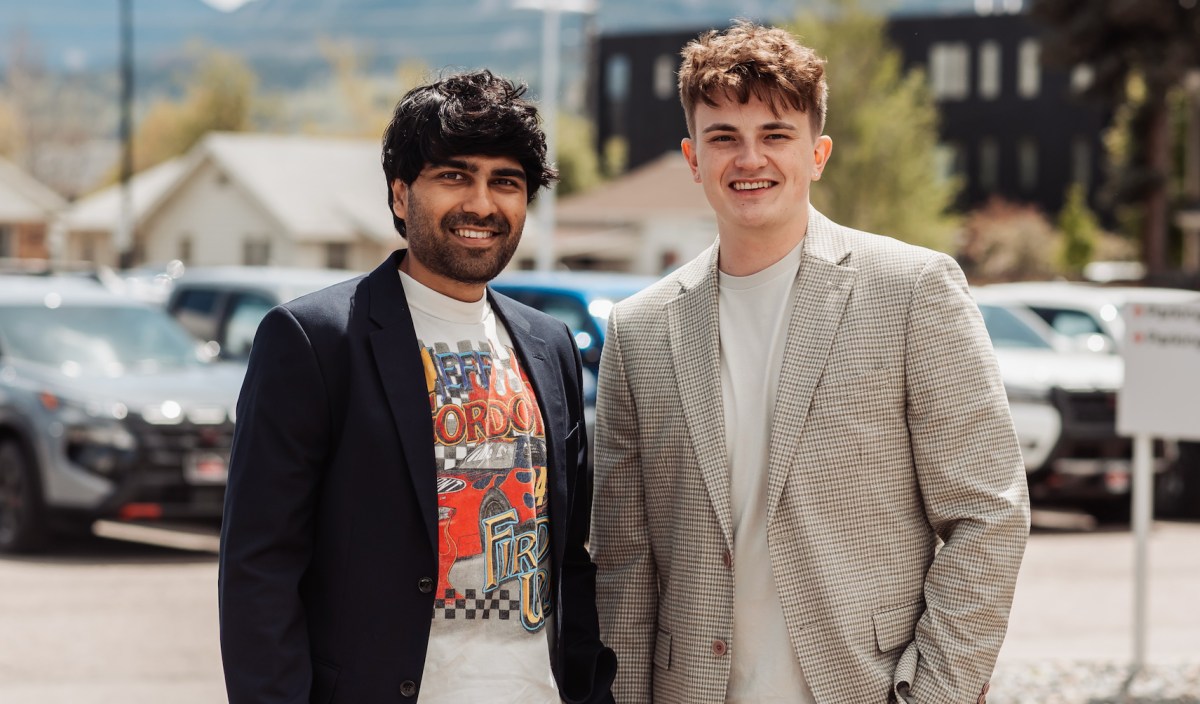Toma’s AI voice agents have taken off at car dealerships — and attracted funding from a16z

When Monik Pamecha co-founded AI voice startup Toma in early 2024, he hadn’t anticipated spending the summer months sweating in Bible Belt car dealerships. He and co-founder Anthony Krivonos were still focused on banking and healthcare customers when the dealers came knocking.
“They just called us up and said ‘we are drowning in phone calls,’” Pamecha described that initial contact in an interview with TechCrunch.
Seeing an opportunity to pivot into a far less-regulated space than banking or healthcare, Pamecha and Krivonos set up a test: They decided to have their voice agent call essentially every car dealership in the country multiple times. Over the span of a few weeks they found those calls were only picked up 45% of the time.
The co-founders packed their bags. And like some sort of modern reinterpretation of the movie “Tommy Boy,” they set out to tour a dozen car dealerships in Oklahoma and Mississippi to get a better understanding of how these businesses work. They got their hands dirty both figuratively and literally; Pamecha said his wife was surprised by the grease stains on his clothes when he returned home.
That commitment paid off. Not only did they win customers, they got the dealers’ full charm offensive. The founders shared home-cooked meals — a sometimes awkward-but-funny affair given Pamecha’s vegetarianism, he said — and were invited to tour the Corvette Museum. At least one dealer even asked the Toma founders to tag along to a shooting range.
Seema Amble, a partner at a16z who led the $17 million that Toma has raised to date, said the pair were “effectively living at these dealerships, going to these dealers’ family barbecues, really understanding how they operate.”
“We invest in a lot of the next-generation of vertical AI companies, a lot of the best founders have just lived and breathed with these customers to understand what’s going on under the hood,” she told TechCrunch. “No pun intended.”
The insights from that trip helped Pamecha and Krivonos sharpen the Toma voice agent into a tool that is already in use at more than 100 dealerships around the country. The AI helps customers schedule service appointments, handle parts orders, answer sales questions, and more.
Along with a16z, Pamecha and Krivonos attracted investment from Y Combinator (they created Toma at YC in January 2024), the Scale Angels Fund, and auto industry influencer Yossi Levi, also known as the Car Dealership Guy.
Levi told TechCrunch that dealerships struggle with phone calls in part because it’s hard to predict volume.
“It ebbs and flows. Sometimes you’re overwhelmed with demand. Other times there’s not enough demand, and matching staffing and properly training that staff for a consistent experience is just not an easy thing to do,” Levi said. AI has “provided an opportunity for dealers to really standardize that process, and deliver a richer customer experience that is consistent.”
Pamecha said Toma’s onboarding process involves training on a dealers’ customer calls for a week or two to give the AI some context. This is important because while dealerships broadly do the same things, there can be a lot of variance in the details. Some dealers might service more diesel engines, for example. Dealerships also run lots of custom promotions for both sales and service.
After that initial burst of training, the Toma AI starts taking calls, handing off to human employees if and when it gets stumped. Those handoff calls get analyzed, too, in order to reinforce the AI model to better help that specific dealership. On the business side, Toma operates a subscription model. As the AI agents can handle more parts of a dealership’s operations, those dealers will have to pay up for those extra capabilities.
The Series A “comes at a great time” for Toma, according to Pamecha. The startup only hired its first true sales employee within the last few weeks. Before that, it was still largely Pamecha and Krivonos hustling like they did across the country last summer.
Without that trip, though, Pamecha said he’s not sure Toma would have reached this point.
“It has been one of the best experiences of my life,” he said. “I feel like we’ve all become friends, and I think it all comes from a place of like, feeling their pain. I think they see that we feel the pain, too.”



